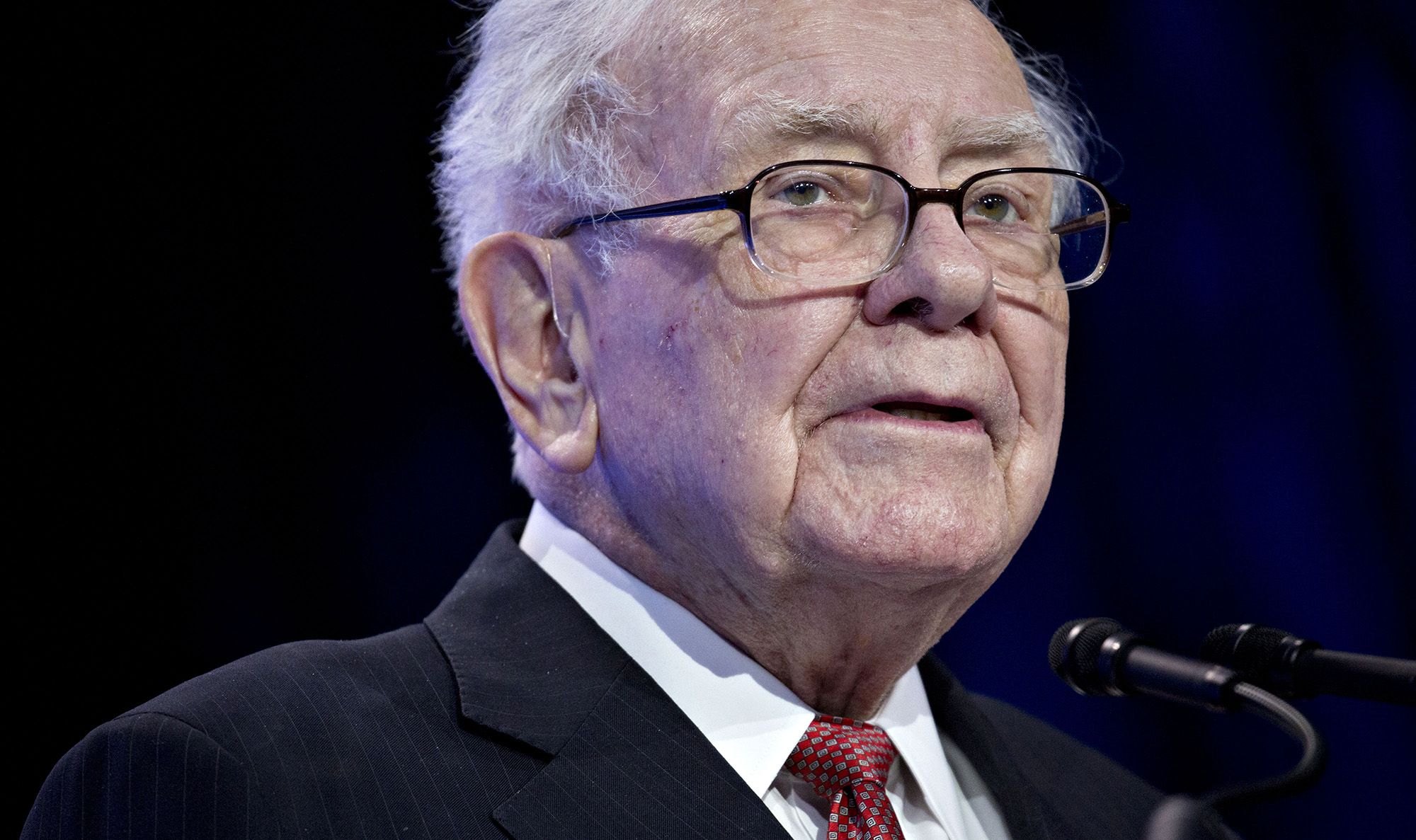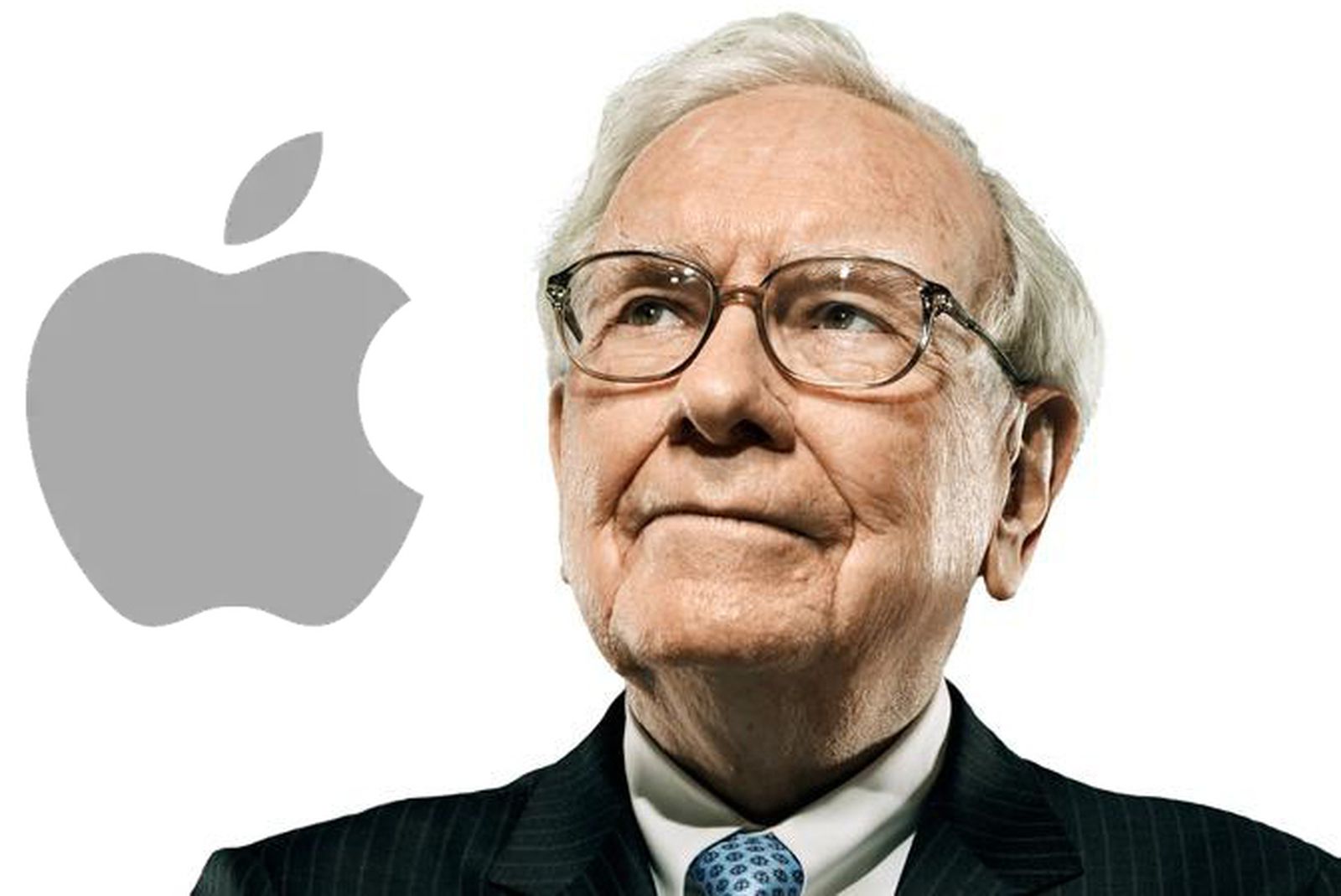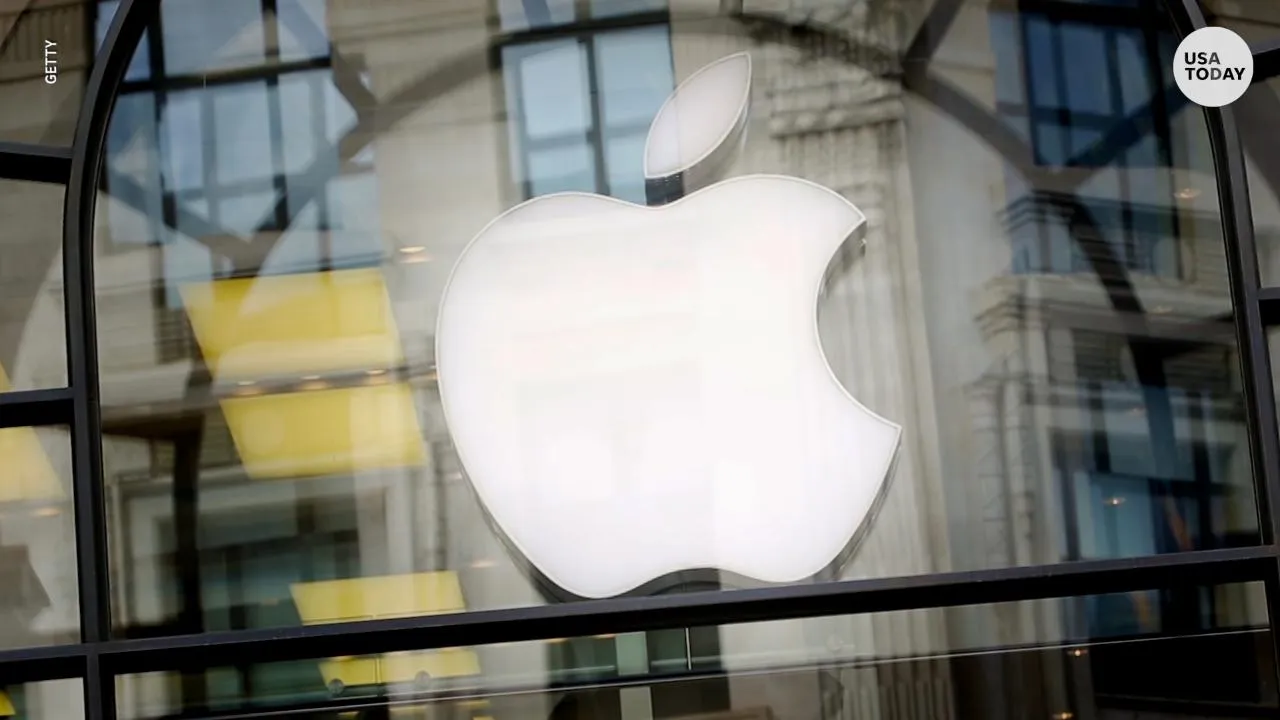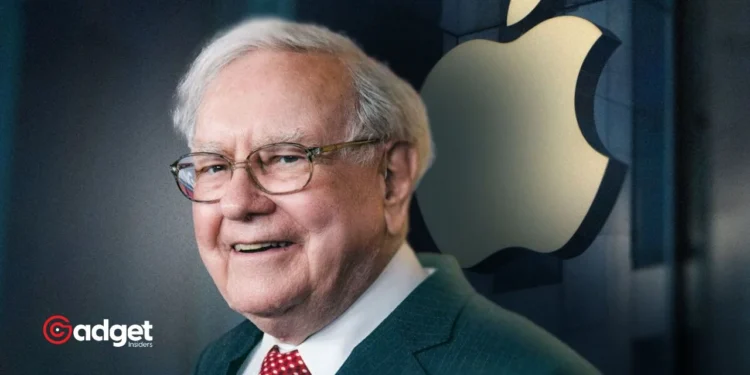In an eye-opening revelation at the recent Berkshire Hathaway shareholder meeting, Warren Buffett, the seasoned investor often dubbed the “Oracle of Omaha,” disclosed the sale of approximately 115 million Apple shares. As of the close of the last quarter, this significant reduction in Berkshire Hathaway’s holding in Apple has sparked widespread speculation and interest. The news was particularly noteworthy as Apple CEO Tim Cook was present in the audience, underscoring the weight of Buffett’s statements.

A Strategic Financial Play Amidst Economic Uncertainty
Buffett’s decision to scale back on Apple stock, despite his continued bullish stance on the tech giant, seems counterintuitive at first glance. However, a deeper analysis reveals a strategic maneuver influenced by potential future economic changes. The primary reason, as Buffett pointed out, concerns the anticipated adjustments in U.S. tax policies. Despite holding $189 billion in cash, which Buffett admits is his least preferred asset due to its depreciating value over time, the choice to reduce Apple stock holdings appears to be a preemptive action to mitigate future financial impacts from likely tax increases.

The Taxation Perspective: Buffett’s Forecast and Its Implications
The crux of Warren Buffett’s rationale lies in the historical and potential shifts in tax rates. He explained, “We don’t mind paying taxes at Berkshire. We are paying a 21-percent federal rate on the gains we’re taking in Apple and that rate was 35 percent not that long ago, and it’s been 52 percent in the past when I’ve been operating. They can change that percentage any year.” This statement not only reflects Buffett’s ease with fiscal obligations but also highlights his strategic financial foresight—anticipating higher taxes which could dilute future returns on investments.

Warren Buffett’s Lesson: Proactive Financial Planning Amid Policy Changes
Warren Buffett’s move offers a critical lesson on the importance of proactive financial planning and the need to stay abreast of potential policy changes that could impact investment outcomes. His actions suggest that adjusting investment strategies based on fiscal policy forecasts is not just prudent but necessary for sustaining long-term gains. For individual investors, this might mean reconsidering the timing of their gains and losses, especially in a volatile political climate where tax policies could shift unexpectedly.
🚨Breaking: Warren Buffett’s Berkshire Hathaway has trimmed its Apple stake by 13%, selling 115 million shares. Despite the sell-off, Buffett remains bullish on Apple, affirming it will continue as their largest investment. A strategic portfolio move, not a sign of wavering… pic.twitter.com/oodbTDeyFw
— Autonomics Web (@AutonomicsWeb) May 7, 2024
Reflections on Investment Strategy in Uncertain Times
The sale of Apple shares by Berkshire Hathaway under Warren Buffett’s command is a masterclass in strategic investment under uncertainty. It underscores the necessity of being adaptable and responsive to the economic and political environment, rather than purely focusing on the current market performance of investment assets.
This strategic shift by Buffett, amidst the backdrop of an audience that included Tim Cook, was not just a financial decision but a significant signal to the market about the importance of agility in investment decisions. As Buffett prepares for a future under Greg Abel, his designated successor, these moves will likely continue to influence Berkshire Hathaway’s strategy and could serve as a bellwether for other investors navigating similar economic landscapes.
As we continue to witness the unfolding dynamics of the market and regulatory environments, Buffett’s recent actions remind us of the critical interplay between investing and forecasting, ensuring that we remain vigilant and thoughtful about our financial strategies in the face of future uncertainties.










